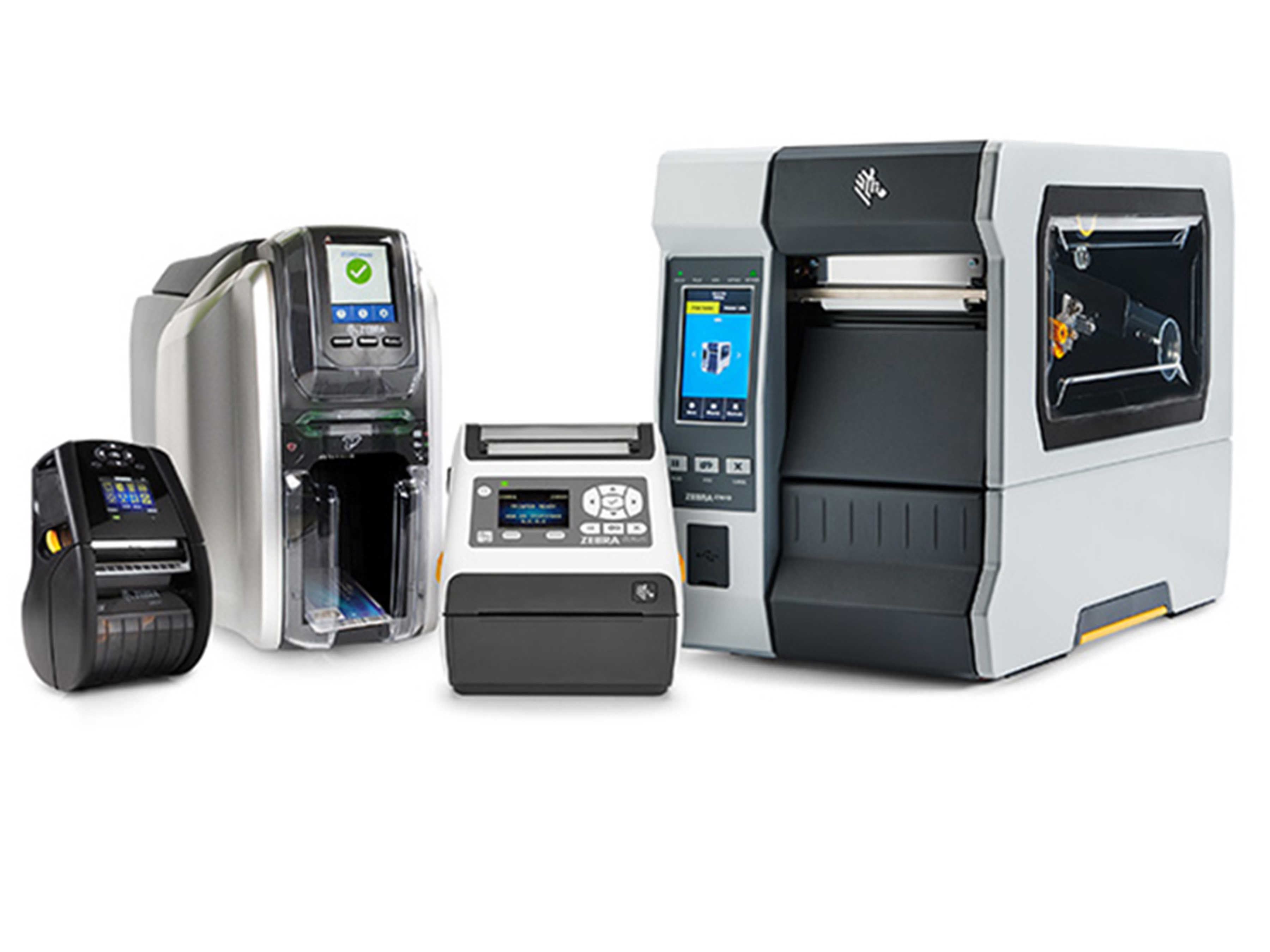Enterprise Android in a Hosted Cloud IoT Solution: Introduction
Zebra offer a range of solutions to solve complex problems by connecting assets, information and people through data and analytics to allow businesses to make informed decisions. For more information on Zebra’s services to give you “the edge you need to succeed” as an intelligent enterprise, please refer to this introductory article and a slightly more detailed view of Zebra’s Savanna platform.
For a comprehensive solution to convert your data into actionable intelligence then Zebra's Savanna should be your platform of choice
Some customers however will want to ‘roll their own’ asset intelligence solution or want to integrate their Zebra Android devices into an existing public or hybrid cloud solution. Over the next few developer posts in this series we will take a look at how you can integrate your device as an IoT client and interface with the IoT components of the 3 major cloud vendors in the market today, taking a step towards a more “intelligent enterprise”.
This is the introduction to a series of blog posts looking at integrating Zebra Android devices as IoT clients in a public cloud infrastructure. For other posts in this series, please see the links below:
- Part 0 – Enterprise Android in a Hosted Cloud IoT Solution: Introduction
- Part 1 – Google Cloud IoT Core Data Processing
- Part 2 – Interfacing a Zebra mobile computer with Google Cloud IoT
- Part 3 – Amazon Web Services (AWS) IoT Core Data Processing
- Part 4 – Interfacing a Zebra mobile computer with AWS IoT
- Part 5 – Microsoft Azure IoT Hub Data Processing
- Part 6 – Interfacing a Zebra mobile computer with Azure IoT Hub
For each of the major cloud providers we will take the common use case of:
- Receiving data from an IoT device
- Storing that data (for later retrieval, analysis and visualization)
- Recognising an event such as a critical battery level so action can be taken
For each of the cloud solutions I have based the post around an existing, official tutorial provided by the cloud supplier; this was done to ensure the advice is correct and best practice for that cloud provider.
A sample Android MQTT client is provided that should run on any Zebra mobile computer and you can use this client to integrate with any of the cloud solutions to send either real or dummy data to that cloud’s IoT endpoint.
|
Test client GCP configuration |
Test client AWS configuration |
Test client Send Data screen |
All code is available on GitHub.
The advice contained in this series of posts should be considered a ‘jumping off’ point since all of these cloud solutions are infinitely configurable. Hopefully there should be enough information here to get you started acquiring data from Zebra Android devices, processing that data and taking actions based on the analysis of that data.

Darryn Campbell

